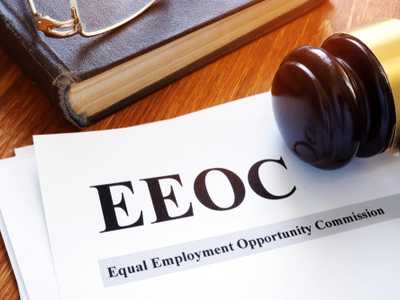In the first-of-its-kind ruling last week, the Fifth Circuit held that the EEOC’s investigators and lawyers cannot rely on its “Enforcement Guidance on Consideration of Arrest and Conviction Records in Employment Decisions Under Title VII” to bring enforcement actions. Finding that the guidance amounted to a substantive rule, the Fifth Circuit panel determined that the guidance overstepped EEOC’s authority to force the State of Texas to consider hiring convicted felons to state-wide positions. The decision on its face confirms the general principle that EEOC does not have the authority to engage in rulemaking on substantive discrimination laws and was limited to a specific injunction. However, the decision could have far-reaching consequences for the EEOC’s various substantive guidelines. READ MORE
Fifth Circuit Takes a Bite Out of EEOC’s Criminal Background Guidance




